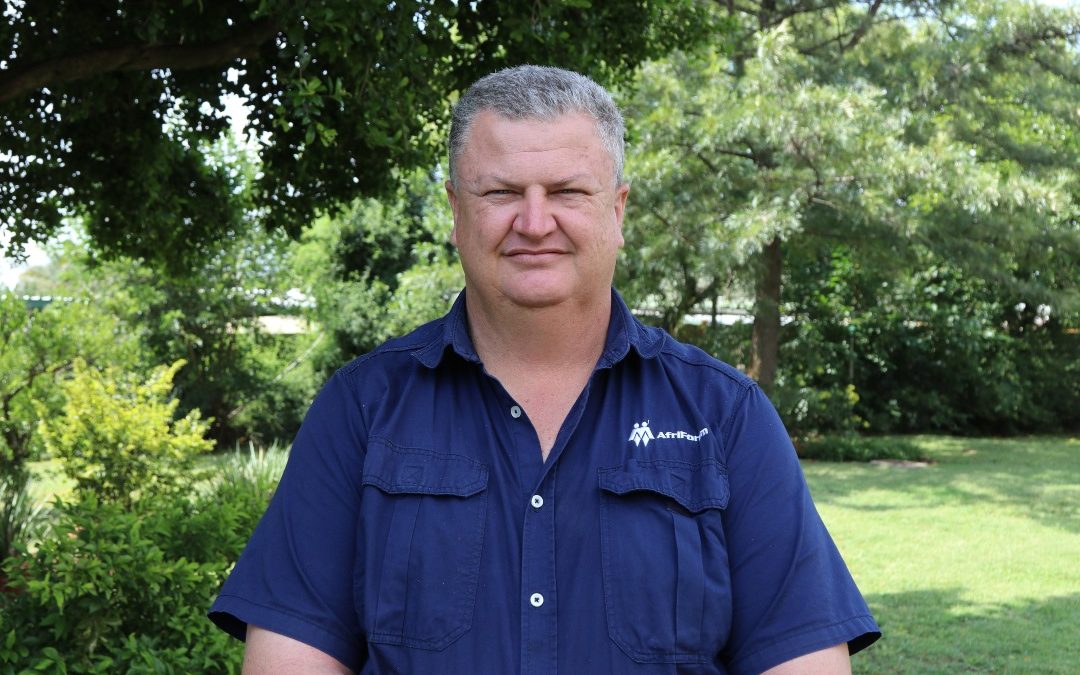By Johan Kloppers
Before asking what the symptoms of trauma are, it is important to first understand what trauma is.
Thousands of people survive traumatic events and experience daily trauma; even family members and friends of victims are left traumatised after events. Any event that overwhelms you or leaves you feeling frightened and alone is a traumatic event. It doesn’t always need to relate to a physical event – it is more about the impact that such an event has on you as human being.
Trauma is a natural response to an unnatural event. A person’s life is changed irrevocably in the wink of an eye, and everyone deals with trauma in their own way. It is very important for trauma victims to make the decision themselves to ask for help. You cannot force anyone to ask for help, but you can reach out and let victims know that they are not alone.
Every member of AfriForum’s Trauma Support Unit realises that the most important thing is to be there for everyone who experience trauma. This is our aim and our ideal: To support every victim that crosses our path, ease their pain and help them to look to the future with hope and build on it. The Unit walks this road with compassion with every victim and makes a difference to ensure inner healing.
The Trauma Support Unit provides a very unique and personal service to victims of violent crime. Personal contact sessions are of the utmost importance. Every case is unique because everyone deals with trauma in their own way.
The Unit offers emotional and practical support to crime victims by visiting them as soon as possible after traumatic events to lessen the impact of the trauma and speed up the refunctioning of the person. This is very necessary because even though the event is something of the past for most of the victims, the consequences are lasting.
The Unit also offers emotional empowerment and support to victims regarding the SAPS’s investigation processes and the victim’s rights to reduce secondary trauma and victimisation by the legal system. We accompany victims to court proceedings and with time the trauma unit is sometimes the only people who support the victims and to whom victims turn for support. We almost become part of the family, an extension of the family who are or can no longer be there. Some of the Unit’s cases have been going on for more than four years, but we try and be hopeful and take courage to be there at the next court proceeding.
Sometimes – especially in cases where young children are traumatised – it is necessary to assess the victims and refer them to professional people to receive therapeutic and specialised treatment.
Someone who experiences serious trauma or has suffered loss may feel very lonely, as if no-one really understands what they are going through. We do not really understand what that person is experiencing, even if we have experienced the same pain and trauma. Every person experiences their emotions differently because we are created uniquely. For this reason, every case to us is a classic example of a type of friendship that is formed with every victim.
Sometimes words fail to help, but never a shoulder to cry on or a hand to hold; to sit together and talk about the good and beautiful memories. Here, our presence is much more valuable than any empty words that bring no comfort.
This is why Trauma Support Officers always try to be there for victims, ensuring them that we will never forsake them, but will walk this difficult road with them.
You can make a difference simply by being there, listening.
Johan Kloppers is a Victim Support Officer at AfriForum’s Trauma Support Unit.


